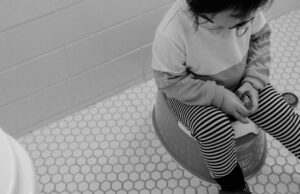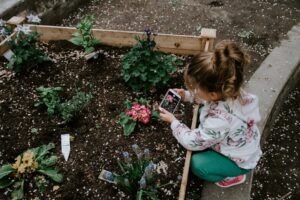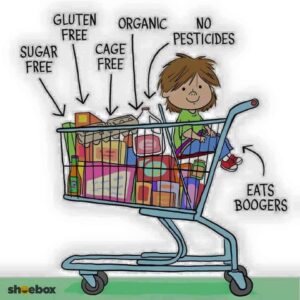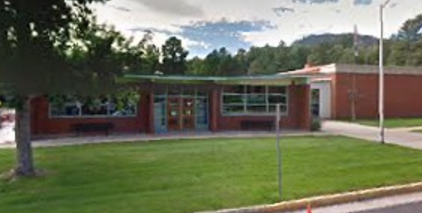
Toilet training is an essential step in a child’s development. However, it’s easy for a child to acquire complex emotions about their bladder and bowel control. Potty training can be fraught with anxiety or come naturally as daybreak, depending on the child and the approach.
Potty training can begin when a child is between 18 and 24 months but can take longer in children with special developmental needs. Most children start closer to age 2. Before you should introduce a child to potty training, there are some benchmarks that they must reach in their progress:
- Sitting still. When your child is go-go-go in the early stages of walking and mobility, they may not be ready to learn the process of perching on a potty for longer than a minute. A child eager to get up again isn’t ready for potty training.
- Saying “No”. While the idea of hearing loud NOs seems counter-intuitive to potty training, this is a good sign. A child that can assert themselves is beginning to develop a sense of self-control.
- Putting things back. If your child has begun to grasp the idea that X belongs in Y around their environment, congratulations– that’s a necessary step to your child’s understanding of where waste goes and why. If they are still throwing away toys and then crying that they can’t get them, they haven’t grasped the permanency of the potty yet.
The key to successful potty training is to have the patience to let the child show you when they are ready, instead of anxiously promoting potty training before the time is right. Here are some of the signs that your child may be ready for potty training:
- Retaining. A child with a dry diaper may be associating shame or discomfort with voiding and have begun trying to keep it from you. Awakening dry from a nap may also be a sign that they are retaining.
- Pooping in secret. Sometimes children pick up on our disgust for the waste itself and worry about our reaction to seeing more poop. They will find a dark corner to void their bowels to avoid upsetting us, compounding the child’s mental discomfort. It’s usually an indication that a parent needs to lighten up a bit, and the child needs assurance and positivity.
- Copying. It’s a good clue that when you see your child sitting down to poop the way they’ve seen you or siblings do, they may be ready for some assistance in how to use a potty.
- Pulling down a wet or dirty diaper. Trying to remove their own diapers might indicate that your child is independently trying to manage their waste, although it can just be skin irritation.
- The direct approach. If your child tells you they are about to go, are going, or have gone, then they are absolutely ready to begin potty training.
At Creekside Kids, we recommend using the Braselton Toilet Training Method. It’s a gentle, natural way to bring a child into potty training. The trick of the Braselton Method is to associate pooing with the toilet and let the child think it was their own idea.
It begins when you see enough signs to convince you that your child is seriously ready to start. Take your child to select their potty from the store so that it is something good and just for them. Choosing their own toilet is as much about identity as it is an introduction to the concept of privacy. Over time, the child will sit on the potty entirely independently without any prompting from you.
There’s no need to stress the need to take down a diaper in your child’s first few attempts. It’s a moment for celebration! The act of your child sitting down on the toilet means they correctly associate the potty with voiding and that they’ve graduated to pulldown diapers. Once they adjust to pulldowns, you can show them how to pull their pants down. When your child eventually voids, they will do it by making the association and thinking it’s their idea, their own choice.
We want to thank Autism Community Training and Huggies Pull-Ups for some of the great ideas in this article. If you’d like to discuss a place at Creekside Kids for your kids, we’d like to invite you to click this embedded link to schedule an appointment. Let’s get to know each other! We’re located at 1201 W Cheyenne Road, Colorado Springs, CO 80906, and we can be reached at (719) 635-9111. Our regular hours of operation are 6:30 am until 5:45 pm, Monday through Friday; however, we have a shortened schedule during COVID of 7:00 am to 5:30 pm.



 1201 W Cheyenne Rd
1201 W Cheyenne Rd